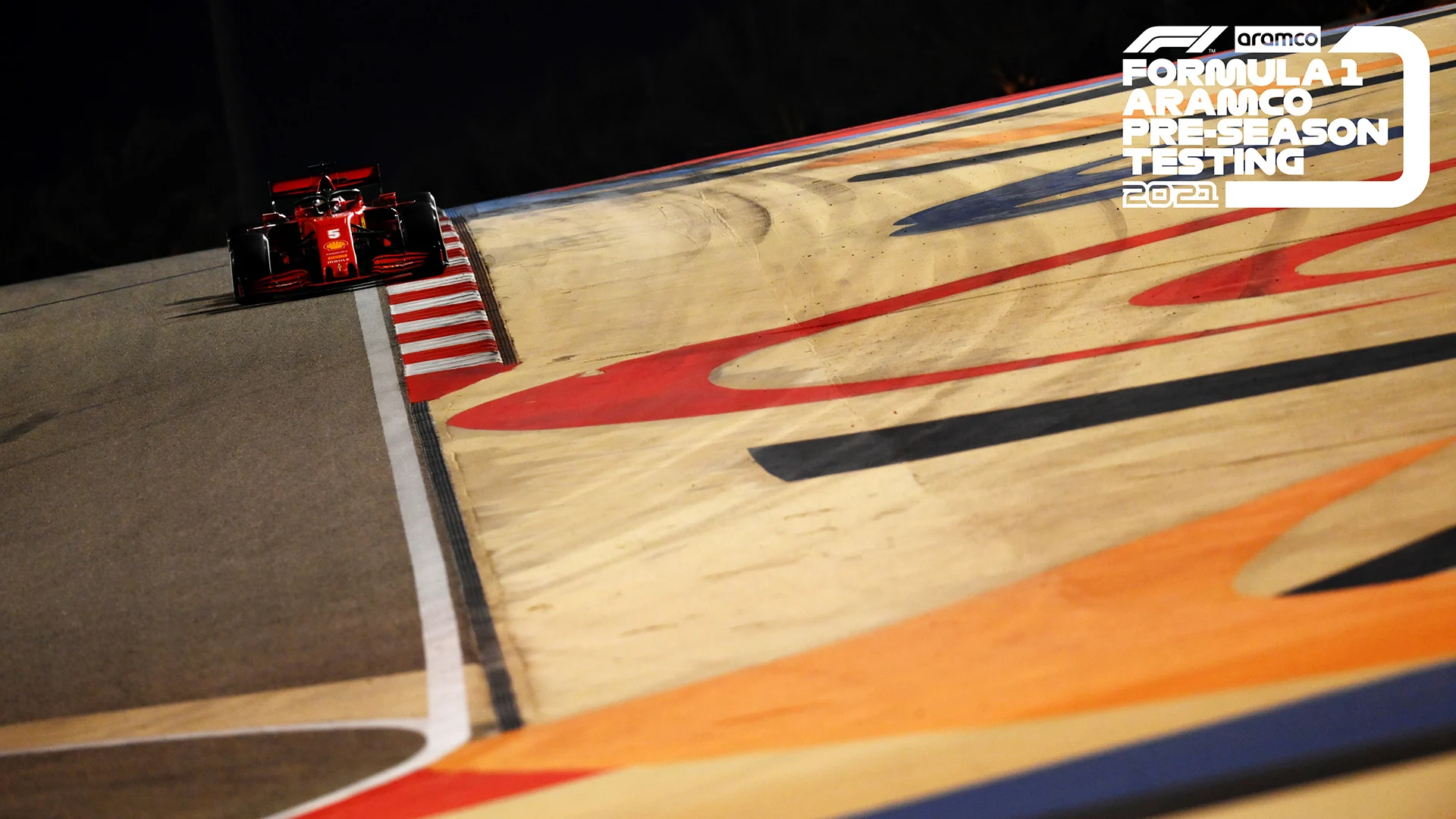Formula 1 teams will enjoy warmer, sunnier climes for pre-season testing this year with the Bahrain International Circuit – rather than the Circuit de Barcelona-Catalunya – the venue of choice for the three days of running from the 12th to the 14th of March. What, if any, difference will it make? Let us explain…
1. It’ll be significantly hotter
Bobble hats, scarves and cups of tea are usually a necessity for pre-season testing, even in Barcelona, with temperatures often lingering in the single digits. But teams won’t need that clobber this year, as Bahrain will considerably warmer, with lows of 18C, peaking at a welcome 26C, for that time of year.
Those temperatures, combined with a more predictable weather forecast and the minimal threat of rain compared to Barcelona, means usefully consistent and representative conditions for the teams to get down to work (providing there are no sandstorms of course!).
READ MORE: 5 key reasons why the F1 pecking order could be shaken up in 2021
The warm weather should make it easier to switch on the tyres, which will make for more representative analysis of the new rubber, too, while they can also better assess their cooling packages versus what can be done in colder Barcelona.
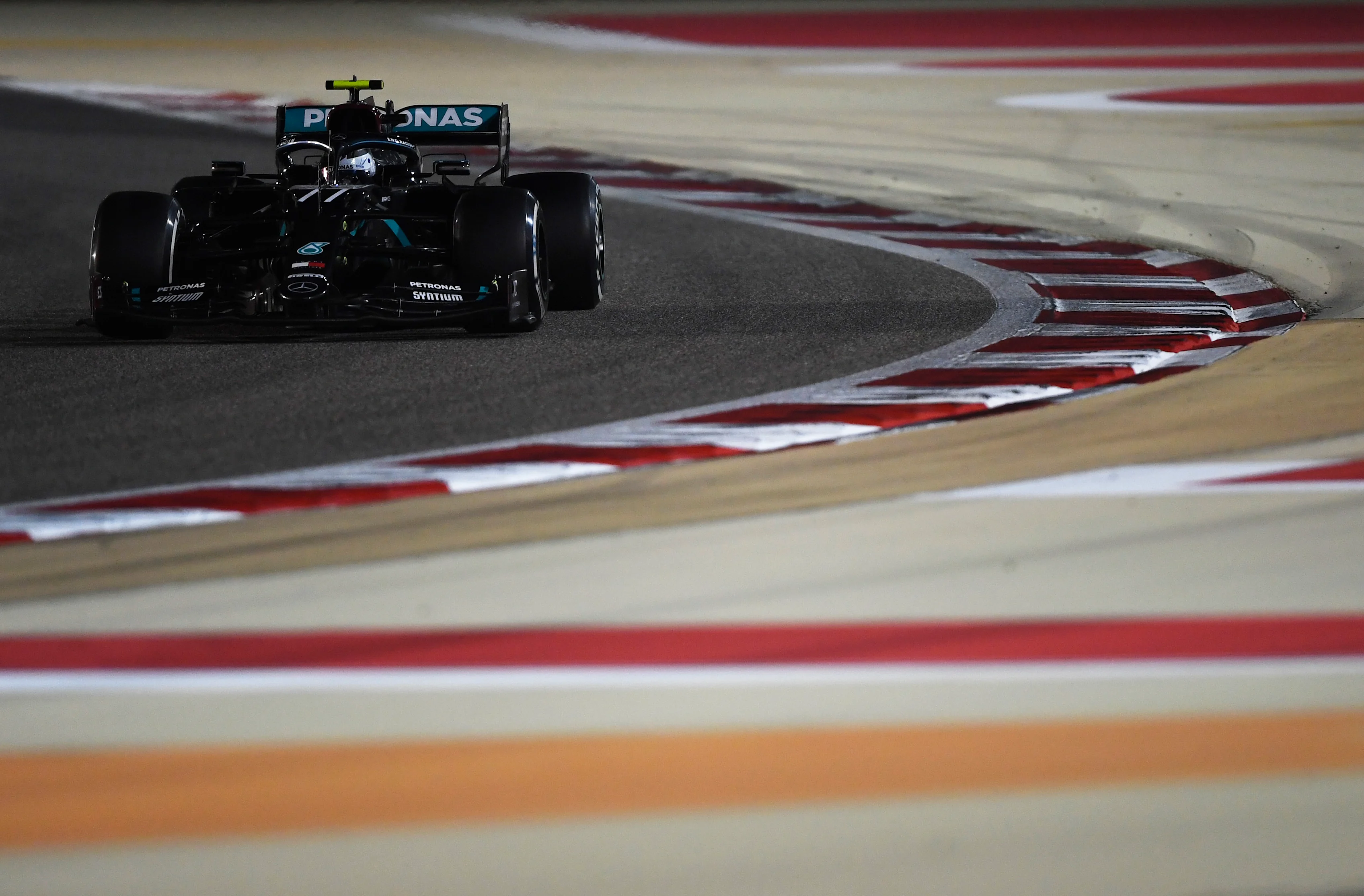
2. It's a very different track surface and layout
Bahrain’s track surface is made from crushed rock that was shipped from Shropshire in the UK, and is renowned for its high-grip, abrasive qualities.
Combine that surface with a different track layout compared to smooth-surfaced Barcelona - being both lower downforce and harder on brakes - and you’ve got a track that works the tyres differently.
That’ll allow teams to focus on different development areas, such as traction out of the slower corners and protecting the rear tyres from high degradation.
DIARY DATES: The 2021 F1 calendar, pre-season testing details and F1 car launch schedule
3. The test venue is representative of first race
While teams and personnel will likely fly home after pre-season testing, the cars and their infrastructure will stay in place as Bahrain is obviously set to hold the opening race of the 2021 campaign.
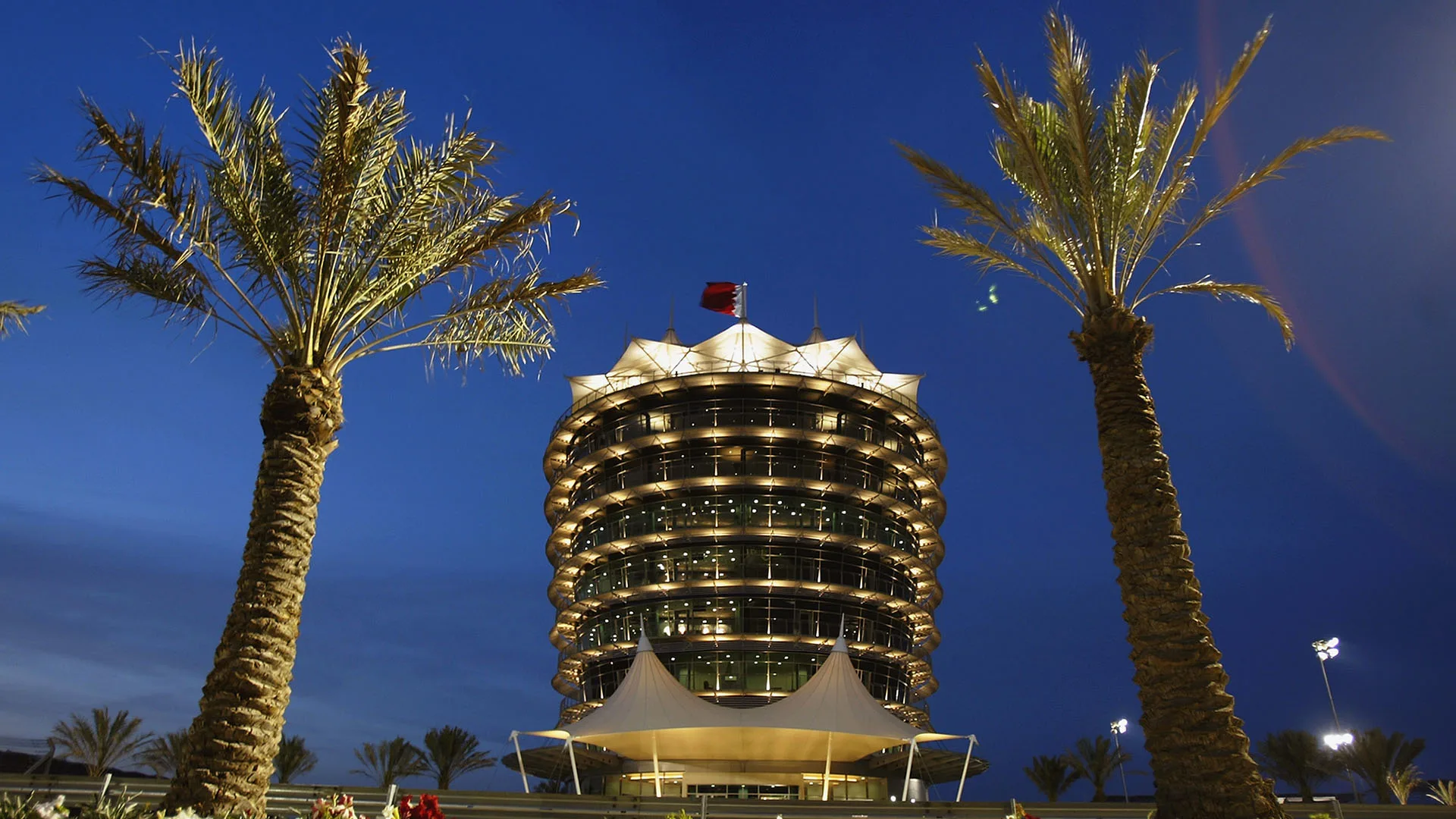
This is an unusual proposition for teams in recent years, who'll get to test their cars on a layout that is identical to that on which they will be racing at the opening race of the season. That means they can alter their testing programmes to take advantage of that.
Usually, of course, F1 teams head from a traditional racing circuit in Barcelona – which features a variety of corner types, swift changes of direction and a long straight to assess the car’s strengths and weaknesses – to a temporary street venue in Melbourne where track evolution is high and the tyres are worked very differently.
Teams will also have plenty of recent data from Bahrain, which first appeared on the calendar in 2004, after the venue hosted two of the final three races of 2020 – one on the traditional layout, another on the outer loop – so that’ll help them make better analysis of their winter development efforts.
4. Running is extremely limited
With only three days of testing this year – the running being slashed by half versus 2020 – clear, predictable conditions will help teams get through what will be some very busy programmes.
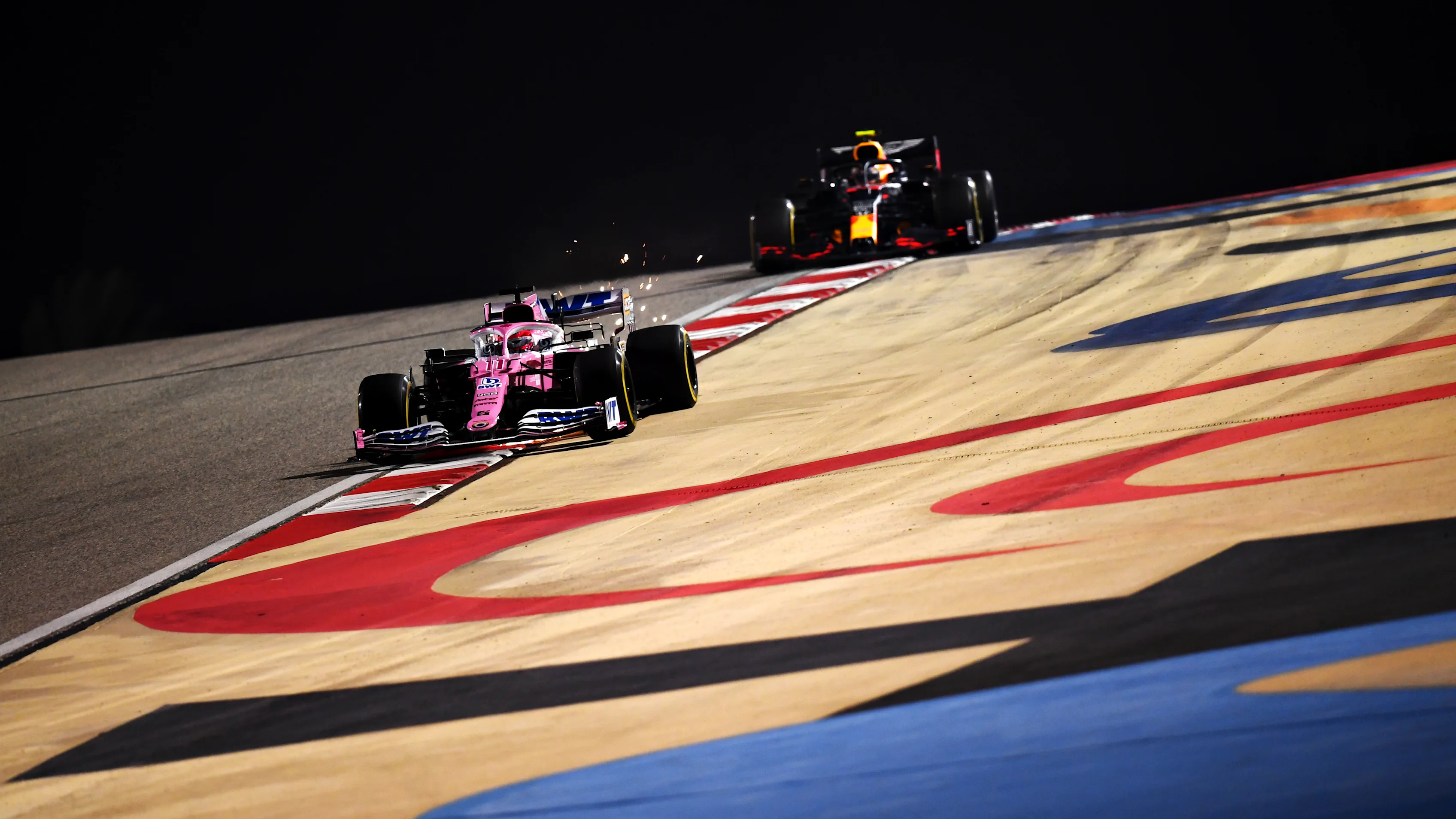
Each driver is likely to get a maximum of just 1.5 days in the car, which will be particularly challenging for the likes of Carlos Sainz, Sergio Perez, Sebastian Vettel and Daniel Ricciardo, who have moved teams, for rookies Yuki Tsunoda, Mick Schumacher and Nikita Mazepin, and of course for the returning double world champion Fernando Alonso.
Some drivers will get less than the maximum, though. Williams are giving their test driver Roy Nissany a day in the car – to help him correlate data with his extensive time in the simulator – and that means George Russell and Nicholas Latifi will only get one day. That puts an even greater emphasis on teams have trouble free running.
5. The track is much further from team bases
Barcelona is a favourite for F1 teams not just because the track layout is great for testing but also for its close proximity to their bases in the UK, Italy and Switzerland.
It’s just a two-hour flight from the UK, for example, and (certainly in pre-Covid times) that offered the opportunity to fly parts out at short notice. It was also possible to drive new bits across in vans overnight to minimise the disruption of running, allowing teams to carry on production when testing had already begun.
In contrast, Bahrain is seven hours away on a plane – and driving is not a realistic option, of course – so teams will need to ensure they have a sufficient spares and are well prepared with all the items they want to test.
READ MORE: 2021 F1 GRID – All the drivers and teams racing this season
Next Up
Related Articles
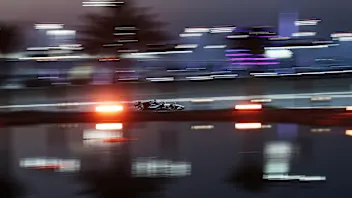 What we learned from Day 1 of the second Bahrain test
What we learned from Day 1 of the second Bahrain test/Verstappen%20Bahrain%20Test%201.webp) Who’s driving on Day 2 of the second Bahrain test
Who’s driving on Day 2 of the second Bahrain test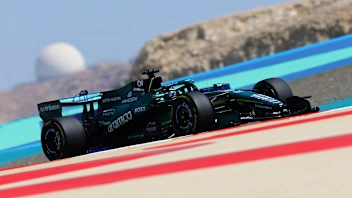 Aston Martin make changes to trackside engineering structure
Aston Martin make changes to trackside engineering structure.webp) Why Aston Martin have hope despite their early struggles
Why Aston Martin have hope despite their early struggles BettingWhat could move the markets in the second Bahrain test?
BettingWhat could move the markets in the second Bahrain test? Ferrari headline the innovations as F1 testing resumes
Ferrari headline the innovations as F1 testing resumes
